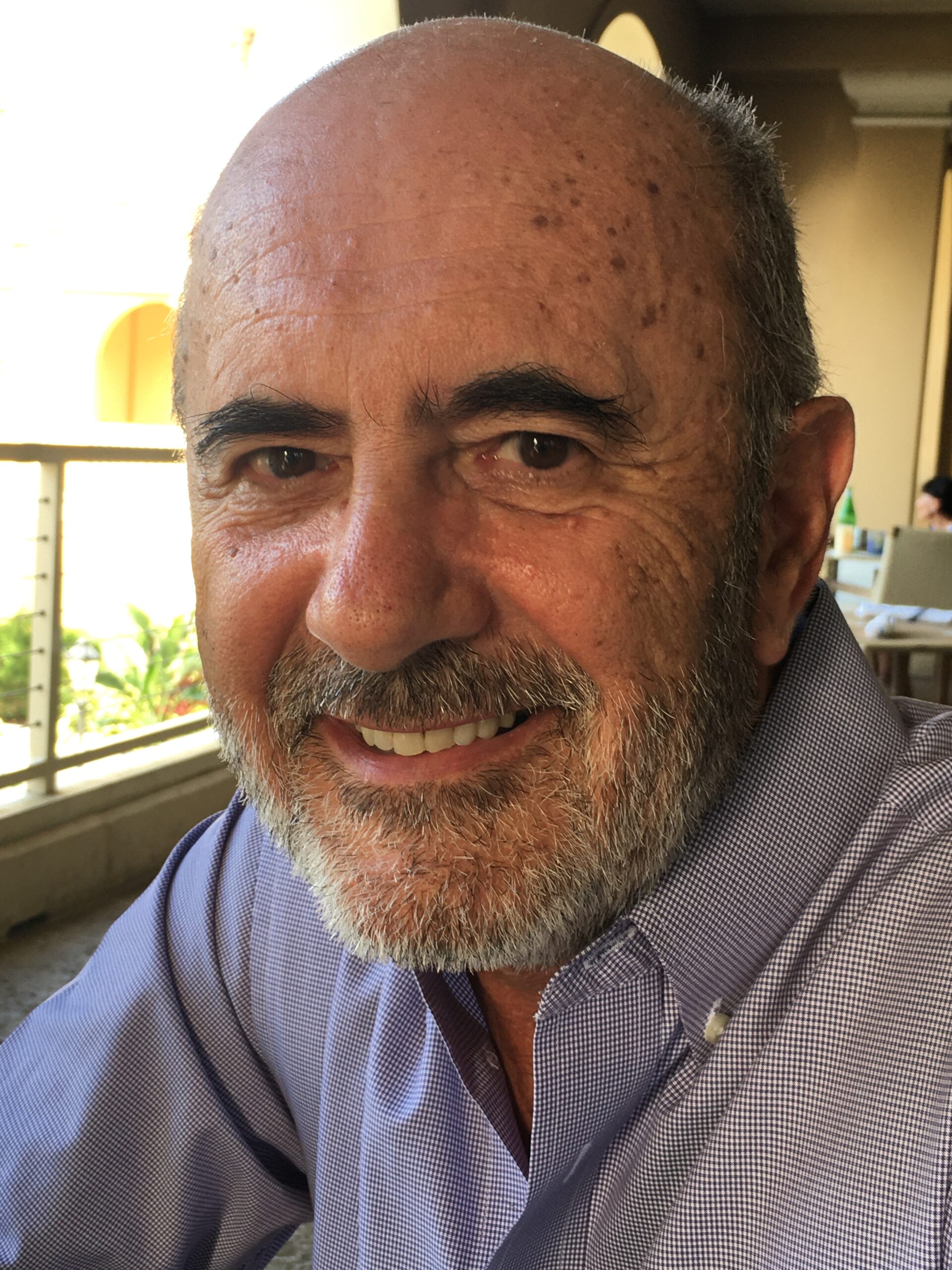Understanding Vicarious Trauma and its Effects on Care Givers and Clinicians (With CE)
$40.00
Presenter: Dr. Vladimir Nacev
Overview:
Vicarious traumatization is when providers, who work with trauma victims and repeatedly exposed to graphic stories, are affected biologically, physiologically, and emotionally (Figley, 1995). Grassi, McFarland, and Riba (2022) concluded that the negative consequences of vicarious trauma and related conditions impact not only the patients but also healthcare providers. Frost and Scott’s (2022) research findings suggest that, with proper support, staff working with offending populations could mitigate the effects of vicarious trauma and secondary trauma stress. In a 2018 study by Halevi, Eytan, Idisis, and Yael, reported that the importance of having resilience as a protecting asset against vicarious traum
Learning Objectives: Intermediate Audience
(1) Describe three characteristics associated with vicarious trauma
(2) Identify three healthy behaviors to improve psychological and physical health
(3) Describe efforts that address post-trauma challenges related to recovery
Bio:
Vladimir Nacev, Ph.D., ABPP, is a clinical psychologist with 40 years of clinical experience and 30 years as a psychology professor at undergraduate, graduate, and post-graduate schools. He is a subject matter expert on PTSD, psychological health, and resilience. Currently he is on the Board of Directors for the ABPP Foundation, serves as a mentor and board examiner for ABPP.
Description
Presenter: Dr. Vladimir Nacev
Overview:
Vicarious traumatization is when providers, who work with trauma victims and repeatedly exposed to graphic stories, are affected biologically, physiologically, and emotionally (Figley, 1995). Grassi, McFarland, and Riba (2022) concluded that the negative consequences of vicarious trauma and related conditions impact not only the patients but also healthcare providers. Frost and Scott’s (2022) research findings suggest that, with proper support, staff working with offending populations could mitigate the effects of vicarious trauma and secondary trauma stress. In a 2018 study by Halevi, Eytan, Idisis, and Yael, reported that the importance of having resilience as a protecting asset against vicarious trauma.
Learning Objectives:
(1) Describe three characteristics associated with vicarious trauma
(2) Identify three healthy behaviors to improve psychological and physical health
(3) Describe efforts that address post-trauma challenges related to recovery
Bio:
Vladimir Nacev, Ph.D., ABPP, is a clinical psychologist with 40 years of clinical experience and 30 years as a psychology professor at undergraduate, graduate, and post-graduate schools. He is a subject matter expert on PTSD, psychological health, and resilience. Currently he is on the Board of Directors for the ABPP Foundation, serves as a mentor and board examiner for ABPP.






Reviews
There are no reviews yet.